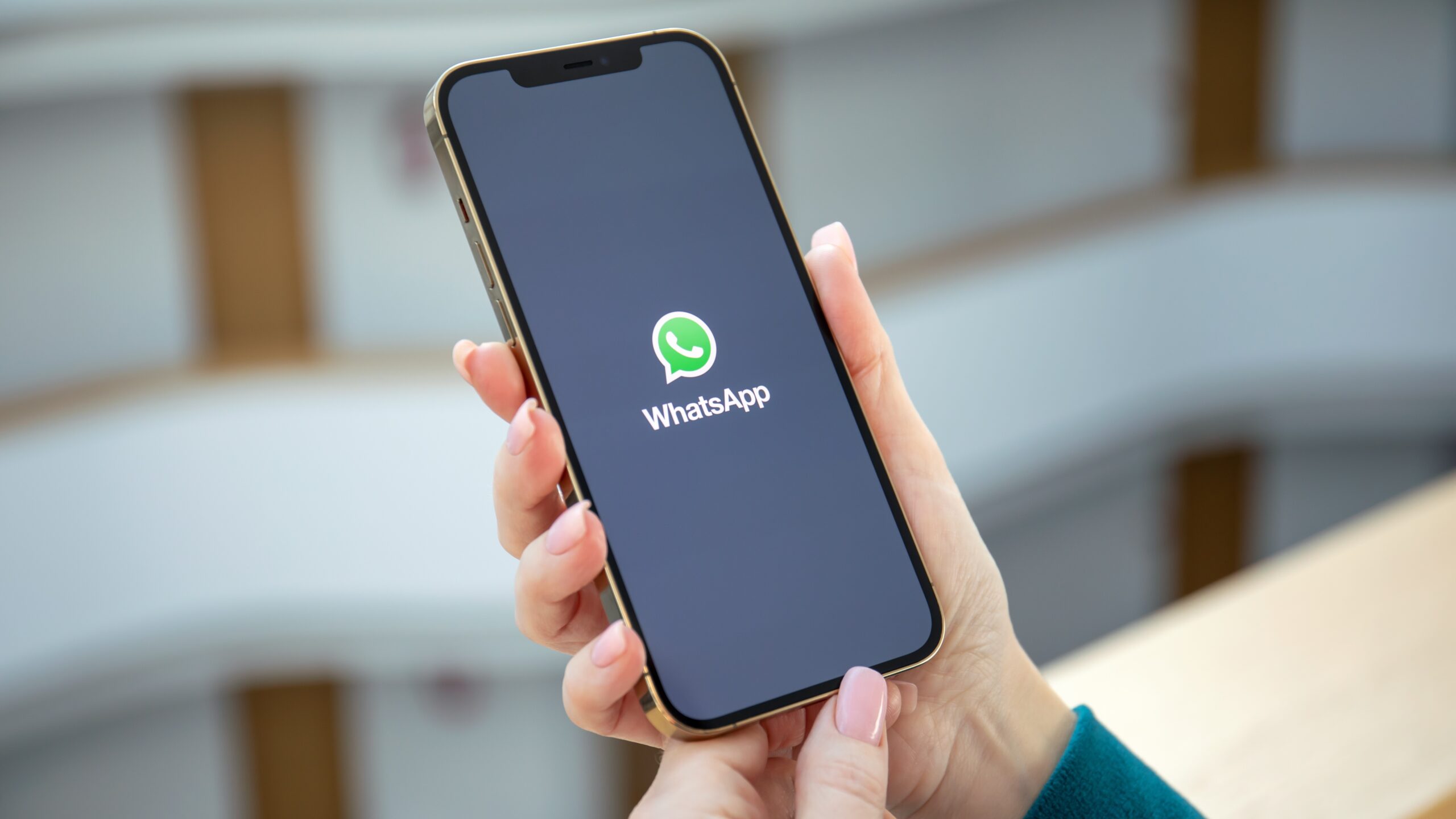
WhatsApp’s groundbreaking move to enable interoperability with other encrypted messaging apps marks a significant pivot in the digital communication landscape, driven by the European Union’s Digital Markets Act (DMA). This legislative framework has mandated that major tech platforms like WhatsApp, identified as a “digital gatekeeper,” must adopt interoperability features, allowing users to send and receive messages across different messaging services. This development not only promises to enhance user convenience by eliminating the need to switch between multiple apps to communicate with contacts but also aims to foster a more competitive and open digital market.
The initiative comes after two years of diligent work by WhatsApp to create a system that permits seamless integration with other messaging platforms. This system is designed to maintain the integrity of WhatsApp’s end-to-end encryption, ensuring that users’ privacy and security are not compromised. The ability for users to message across platforms without jeopardizing the encryption that protects their conversations is a pioneering step for WhatsApp, potentially setting a new standard for privacy and security in cross-app communication.
Why Is WhatsApp Embracing Interoperability Now?
The push for interoperability is a response to regulatory pressures rather than a voluntary shift by WhatsApp. The European Union, through its Digital Markets Act, has targeted Meta, WhatsApp’s parent company, among others, to dismantle the “walled gardens” that have long characterized the tech industry. By designating Meta as a gatekeeper, the EU has imposed a six-month deadline for the company to enable interoperability among messaging services, a timeline that WhatsApp is keenly aware of as it finalizes the details of how this feature will be implemented.
As mandated by Europe’s regulations, interoperability in both WhatsApp and Messenger will primarily involve:
- Text Messaging: Initial focus on enabling text messages to be sent and received between different platforms.
- Media Sharing: Includes the ability to send images, voice messages, videos, and files between two individuals.
- Future Expansions: Plans to introduce calls and group chats interoperability in the years ahead.
- Applicability: Applies exclusively to messaging services, with traditional SMS messaging not covered under these rules.
Upholding Privacy and Security Standards
WhatsApp’s approach to interoperability is cautious and measured, emphasizing user consent and the importance of maintaining its high standards of privacy, security, and integrity. The opt-in nature of this feature is a critical aspect, allowing users to decide whether they want to engage in messaging across different platforms, says Dick Brouwer in an interview with Wired. This consideration is essential in mitigating potential risks associated with spam and scams, which could increase with the opening of WhatsApp’s platform to third-party apps.
The technical implementation of interoperability involves significant challenges, given the diverse protocols and encryption standards used by different messaging apps. WhatsApp’s suggestion for other apps to adopt the Signal encryption protocol is indicative of its commitment to secure communication. However, the company is also open to allowing other encryption protocols, provided they meet WhatsApp’s security criteria. This flexibility demonstrates WhatsApp’s willingness to collaborate with other messaging services to achieve interoperability while ensuring that the core principles of security and privacy are not compromised.
The Vision for a Unified Messaging Ecosystem
Despite the technical and regulatory complexities, the vision behind interoperability is clear: to create a more integrated and accessible digital communication ecosystem. Users should not have to worry about which messaging app their contacts use; rather, they should be able to communicate freely across platforms. This vision challenges the current state of digital messaging, where users are often confined to the app their contacts prefer, leading to a fragmented and siloed communication experience.
Challenges and Concerns
However, achieving this vision is not without its hurdles.
- User Identity Management: Integrating different messaging systems raises questions about how to manage user identities effectively. The use of phone numbers by WhatsApp versus randomly generated IDs by other apps poses a challenge.
- Privacy Concerns: There’s a need to maintain user anonymity and privacy within an interoperable framework, especially given the varying identification methods used by different apps.
- Security Risks: The potential for increased exposure to security risks is a significant concern. Ensuring the encryption protocols of different apps align without compromising security is complex.
- Spam and Scams: With the opening of WhatsApp’s platform to third-party apps, there’s an increased risk of spam and scams, further complicating the implementation of interoperability.
- Technical Difficulties: Aligning different encryption protocols and standards used by various messaging apps underscores the technical complexity of achieving interoperability.
WhatsApp’s initiative towards interoperability is a significant step forward in the evolution of digital communication, reflecting a broader shift towards openness and connectivity in the tech industry. As this feature rolls out, it will be crucial to monitor its impact on user experience, privacy, security, and the competitive dynamics among messaging apps. The journey towards a fully interoperable messaging ecosystem is fraught with challenges, but the potential benefits for users and the industry at large make it a worthy endeavor.
As the digital communication landscape continues to evolve, WhatsApp’s move towards interoperability with other encrypted messaging apps stands as a testament to the changing norms and expectations in the tech industry. By embracing openness and user choice, WhatsApp is not only complying with regulatory mandates but also paving the way for a more connected and user-friendly digital world.
Featured Image courtesy of DenPhotos/Shutterstock
